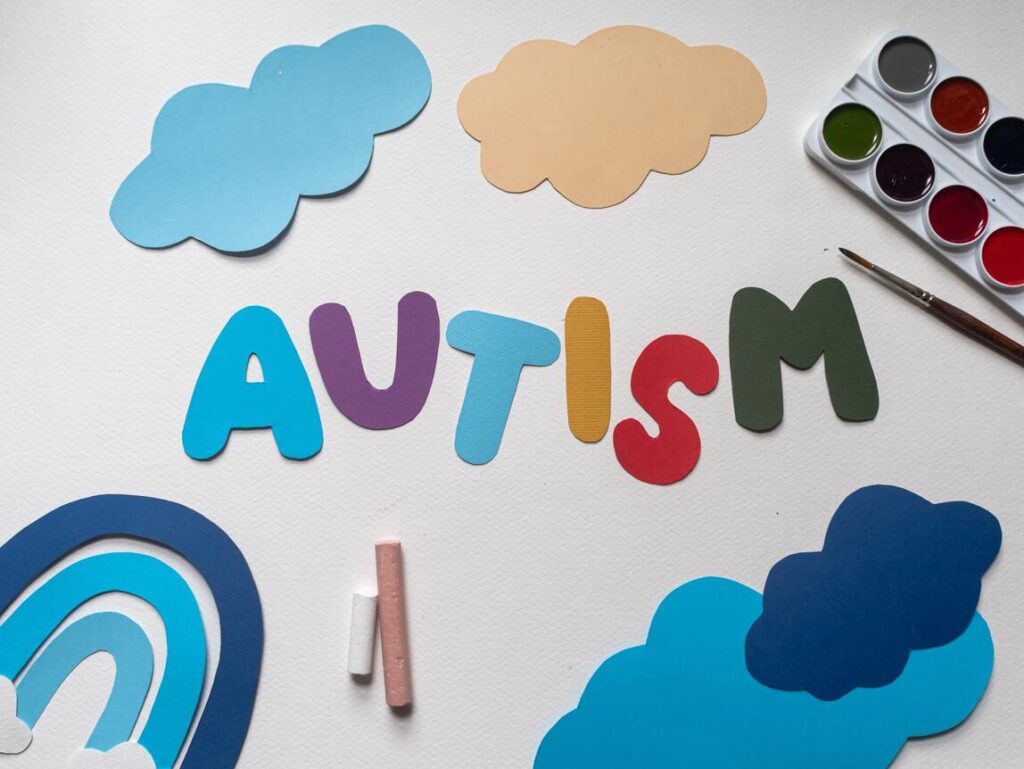Special-needs children require more attention than others and must to be kept safe from getting lost or wandering off. It is frightening for a parent to find that his/her child has gone missing, especially if the kid has been diagnosed with autism. To keep autistic children safe and protect these families in a more secure way, the Greensburg police have initiated a new program in Decatur County. This safety program is especially important for police chief Brendan Bridges, as his 5-year old son Jackson has also been diagnosed with autism.
Children diagnosed with Autism Spectrum Disorder reportedly face two major difficulties. First, they face difficulties with social interaction and communication; second, they exhibit repetitive and restricted behavioral patterns.
For example, autistic children might find it difficult to understand, comprehend, and carry on a normal conversation. They may also lack an understanding of social rules as to how close to stand next to a person. They also display repetitive body movements and can be hypersensitive to some specific sounds.
Given that they face these developmental and behavioral challenges that they have to live with on a daily basis, it might prove especially difficult for them to return home or communicate to strangers properly to get assistance if they get lost.
“You have his little world and then you have our world. We try to understand his world, but sometimes it’s very difficult to do that,” explains Chief Bridges.
Measures Taken to Protect Autistic Kids and Their Families
The first step that was taken to protect autistic kids from getting lost or wandering off was to create an online autism registry for that area. The registry would contain details about the autistic child or adult in care, their characteristics, personality traits, and other important information that would help police officers initiate a conversation during an emergency. Along with this information, the parents and caretakers can also contribute photos to the online registry. The information in this registry would be kept confidential and can only be accessed by police officers for assistance during cases involving special-needs individuals.
For example, in case the parents of an autistic child get grievously injured in a car accident, the child might not speak to the police officer in charge, unless they used the information stored in the registry to initiate a conversation in a appropriate manner. However, if the police officer is acquainted with the child’s interests, then he/she can start a conversation to calm them down and build a rapport to gain valuable information about the situation.
“When we get called to a scene, we have to figure out what is the best way for emergency personnel to deal with a person who has autism,” said Bridges.
If the officers are equipped with such knowledge, it will help them adjust their approach while dealing with an autistic individuals, especially children. AThis modified approach to dealing with autistic children can be quite valuable in many situations. Bridges insists that having such information is quite essential for the police if they’re going to help people diagnosed with ASD. Many a time, police officers on patrol have encountered lost and missing special-needs children with whom establishing a conversation or dialogue proved to be quite difficult. With the help of the registry, the officers can interact with them properly and create a dialogue so as to resolve the issue at hand.
While there is a certain protocol that the police follow to respond to a crisis, that may not always be the best approach when it comes to handling autistic individuals. Given that police officers are generally the first responders in any situation, it is critical for them to be aware of ASD and the typical behavior exhibited by individuals diagnosed with this condition. To create awareness among police officers about ASD, the Greensburg police force have undergone a training in collaboration with Disability and Autism Services of Indiana (DASI).
GPS Tracking for Missing or Lost Autistic Children
Apart from the online autism registry, the latest inclusion to this program is AngelSense, a GPS tracking system that was developed to keep children safe. This particular GPS device has been designed especially for special-needs children, and alerts the parents or the authorities if they have wandered off. The Greensburg police were able to purchase these GPS tracking devices after they received a donation of $4,000. The AngelSense GPS tracking device looks like a cell phone and fits into the children’s clothes easily.
Chief Bridges explains that the tracking system will immediately alert the parents by setting off an alarm if the child sneaks out of the property. The system also alerts the first responders along with the parents, so that the child can be caught within seconds before he/she is able to wander off too far.
In Conclusion:
Chief Bridges is hopeful that these measures will be able to protect autistic children from grave dangers and will give the families some peace of mind. Given that this is quite a sensitive topic, he hopes that he gets all the help from the force, the community, and the authorities to handle and resolve situations involving autistic individuals in a positive way.
Refernces:
- https://www.wthr.com/article/greensburg-police-launching-program-help-keep-children-autism-safe
- https://www.greensburgdailynews.com/news/local_news/police-beginning-autism-alert-system-thursday/article_29eac627-ceae-5b6f-8976-df0ee826e8c7.html



